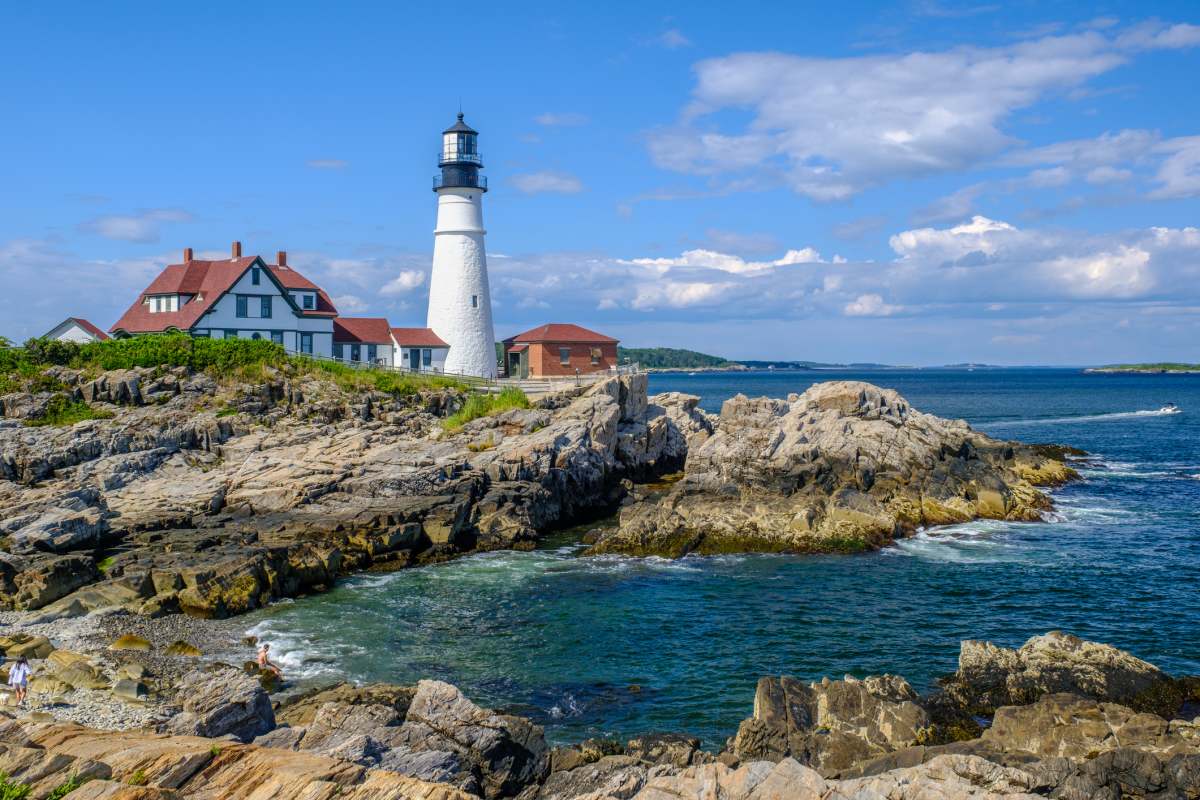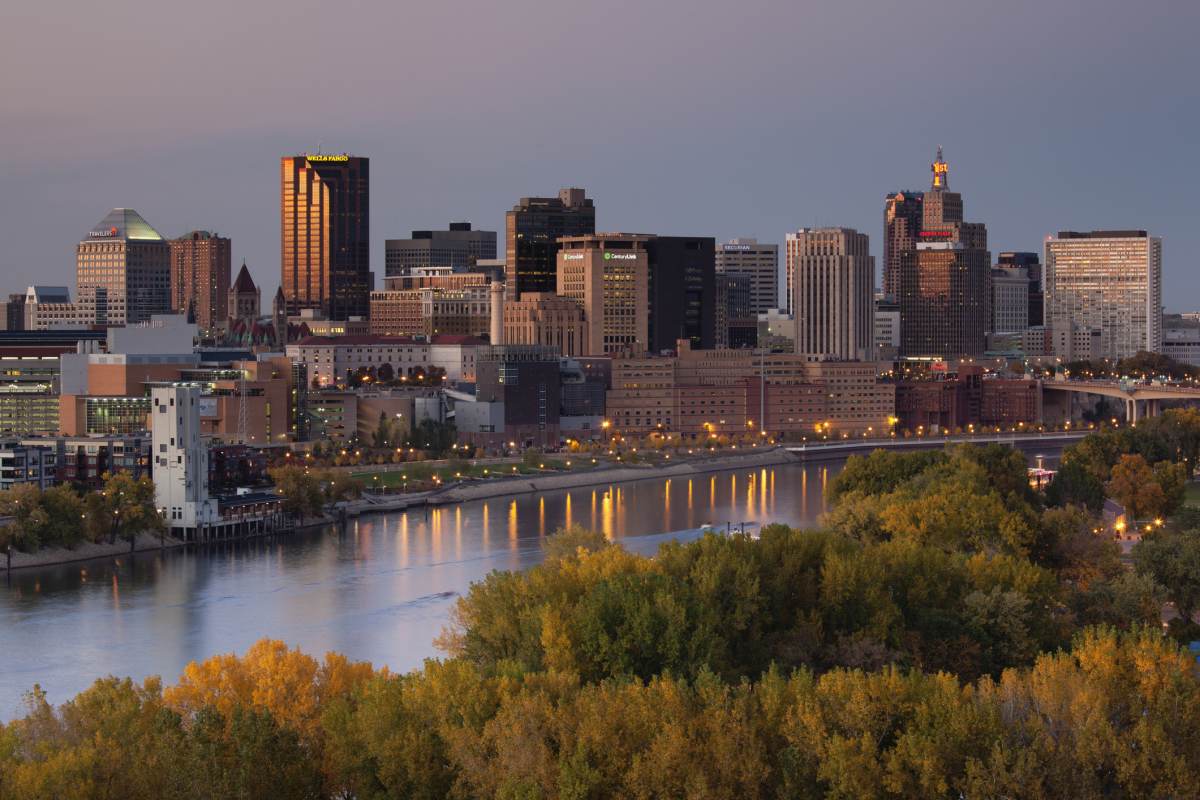CNBC ranked the 'best' states to live in for 2025 — and they have all one thing in common
No. 1 scored top marks for anti-discrimination laws, voting access, and worker protections.

CNBC has released its annual list of the top states for quality of life in America, and the winner for 2025 has surprised many. The ranking, part of the network’s broader Top States for Business study, evaluates all 50 states using key metrics like safety, health, air quality, voting access, and civil protections. This year’s top scorer was Vermont, which earned an A+ rating with 228 out of 265 possible points, outperforming even the most celebrated coastal hubs. It was found that all the best-ranked states had good economic progress in the recent past, and this translated into a good quality of life.

The winning state was praised for its exceptionally low crime rate, excellent public health outcomes, and some of the cleanest air in the country. But what ultimately set it apart were the inclusive policies and legal protections that have increasingly become non-negotiable for many Americans deciding where to live and work. According to CNBC, Vermont was the first state in the US to embed reproductive rights in its constitution in 2022. It also scored top marks for anti-discrimination laws, voting access, and worker protections. The state offers 45 days of early voting and universal vote-by-mail, making it one of the most accessible places to participate in elections.
That kind of structural investment in livability has broader implications. A 2024 study found a direct link between quality of life and regional economic growth. The research concluded that areas with cleaner environments, stronger health systems, and inclusive social services not only retained talent but also experienced significantly faster gains in GDP per capita once a baseline standard of living was met.

Second place went to Maine, which recorded the lowest violent crime rate in the country last year, with just 1,458 incidents. It also earned near-perfect scores from LGBTQ+ advocacy groups for its inclusive policies. However, a rise in drug deaths and high levels of reported physical and mental stress pulled its overall score down slightly to 207 points. New Jersey placed third with 201 points, bolstered by its strong healthcare metrics and one of the nation’s lowest premature death rates. In 2023, the state also recorded its fewest murders in over 40 years. Still, air quality remains a major issue, with New Jersey ranked third-worst nationwide in that category.

Minnesota took fourth place with 189 points and earned high marks for healthcare access, reproductive rights, and worker protections, including legislation passed last year to safeguard abortion access. Its child care system, however, remains costly and limited in availability, a common theme among many top-performing states. Connecticut rounded out the top five with 179 points. Despite having the fourth-lowest crime rate and ranking fifth in health outcomes, the state received the lowest score in the country for air quality, largely due to high levels of ozone and particulate matter.

Hawaii, celebrated for its clean environment and low crime, followed in sixth with 173 points, was weighed down by limited access to child care and health care infrastructure. Just 544 licensed centers serve 1.8 million residents, and costs are the highest in the nation. North Dakota, ranked seventh with 171 points, led the country in affordable child care and low food insecurity. Still, its poor worker protection laws, meeting only 3 out of 16 national standards, kept it out of the top five. In a three-way tie for eighth place, Massachusetts, Nebraska, and Virginia each scored 167 points. Massachusetts topped the nation in health care availability and labor rights, but suffered from poor air quality. Nebraska boasted clean air and a low crime rate, but fell behind on reproductive rights. Virginia ranked well in safety and health, but struggled with the scarcity and high cost of child care.

 Share on Facebook
Share on Facebook





